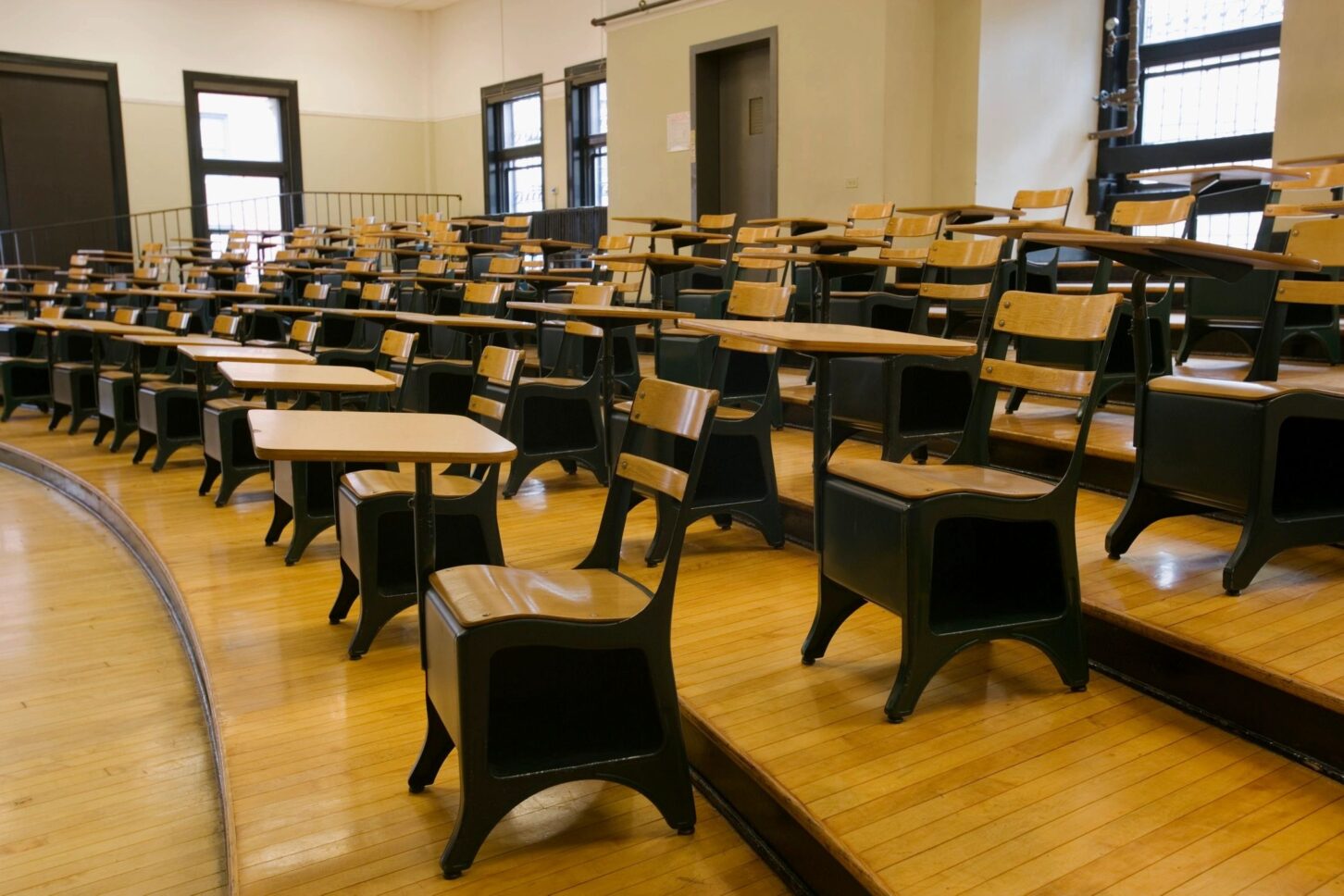
To: Richard Woods, State Schools Superintendent
From: A Georgia public schools graduate, parent and observer
Re: Standardized testing
Dear Mr. Woods,
Last month, U.S. Education Secretary Betsy DeVos made clear she wouldn’t waive federal testing requirements as you’d requested. You responded by railing against “high stakes testing” and proposing in its place no-stakes testing. The state Board of Education, however, rejected your proposal.
Now you’re seeking public comment on the board’s compromise plan to make the tests worth half as much as usual. As your public-comment portal does not allow for, well, comments, I’m submitting mine here.
As you have said, this is a time of anxiety for students and parents. They are anxious about their health. About their jobs. About the future, for themselves and their country.
They are also anxious about standardized tests, but maybe not in the way you think. The root of their anxiety is not about students having to take the tests, or even whether their test scores will count. No, they’re chiefly worried students won’t learn what the test is meant to measure.
The learning is what’s really at stake here. Parents across Georgia saw their children lose months of learning this past spring, when schools were thrust into a remote-learning scenario they couldn’t have anticipated. Most students, parents, teachers and school leaders tried their best, but student progress clearly suffered.
Hundreds of thousands of students were forced to learn remotely again this fall, and adjustments to instructional time and methods have been uneven. Those students’ parents are anxious about the possibility this will be an entire lost year.
Faced with this concern, your public comments and policies have been focused not on the problem of too little learning, but on the tests that might reveal it. This is like a doctor claiming his patients will be better off not knowing if they have cancer, and refusing either to order a biopsy or to review its results.
Your approach and comments on the matter only reinforce parents’ anxiety.
After all, parents know what no-stakes testing means. It means students and teachers won’t take the tests seriously. That’s essentially what you told them last month: “I repeat: do not worry about the tests.”
By extension, there’s also less motivation to be serious about the material being tested. Does the typical student put as much effort into a homework assignment that nets a “participation grade” as she does into a midterm or final exam? Usually not. (By the way, such exams often have “higher stakes” for students’ grades than standardized tests do. Are they the next target of “compassion”?)
So, when you say “insisting on high-stakes consequences is unreasonable and insensitive to the realities of the classroom,” attentive parents will hear, “of course students are going to perform poorly on those tests, because one of the ‘realities’ is they won’t learn much this year.”
I’m just shocked someone in your position would say that out loud.
Ultimately, lesser consequences mean lower expectations. How do we know? Because we have decades of experience with each approach. In the past, when lesser accountability reflected lower expectations, the students who suffered most were those who could least afford a substandard education: minority students, students from poor families, students with special needs. Heightened accountability for ensuring those students make progress has been good for them, even if progress has been slow.
Those same students will suffer most from lower expectations now.
The state board’s action represents an opportunity. It’s an opportunity to rally school leaders to the goal of student learning and progress. To determine what teachers need to ensure children thrive in the current environment – and in whatever comes next. To support families struggling under the demands of remote learning, such as micro-grants to help them ensure basic educational needs, or just adult supervision, are in place.
Or it’s an opportunity to keep arguing against accountability. The choice is important. For the sake of students’ future success, we might even say the stakes are high.